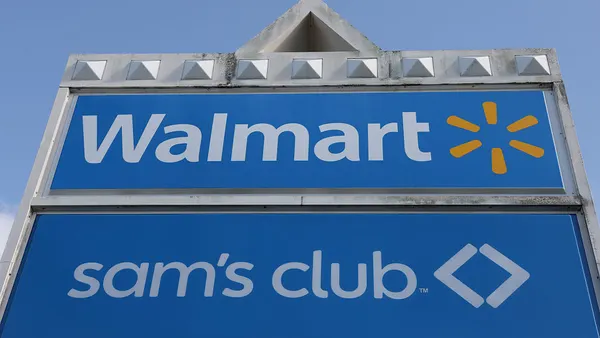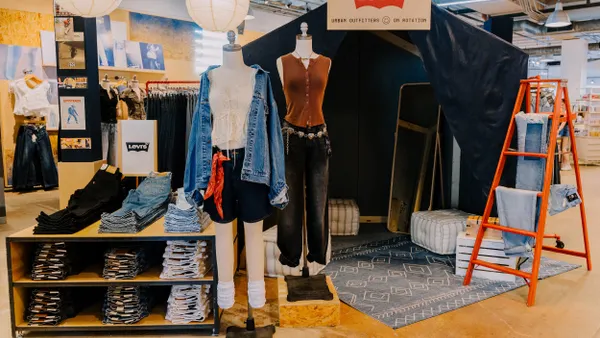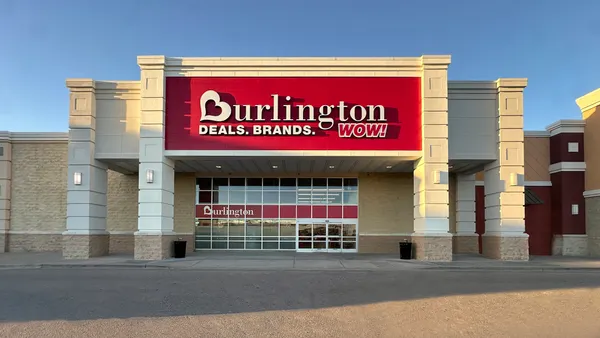Dive Brief:
- DTC cookware brand Our Place has opened its second store, located on Melrose Avenue in Los Angeles.
- The store design was led by Ringo Studio and will feature elements like the “Building a Bigger Table Room,” a mirrored room with a large dining table meant to embody the brand’s “mission to welcome everyone to have a seat at the table;” recipe cards from chefs that have had an impact on Los Angeles’ food culture; and displays of Our Place’s products, according to details emailed to Retail Dive. The store will also offer services for online returns and exchanges, as well as same-day delivery.
- The Melrose store marks the brand’s second location in its hometown of Los Angeles after opening its first location on Abbot Kinney Boulevard in November.
Dive Insight:
Our Place is making good on its plans to open two Los Angeles locations.
Just over two months ago the DTC cookware brand opened its first store on Abbot Kinney Boulevard. That store features the Our Place Cafe where customers can order tea, boba, turmeric lattes and other beverages. The store also played into the brand’s mission around creating gathering spaces by planning events related to food, film screenings and book launches, among other things.
Both Abbot Kinney and Melrose have become increasingly popular destinations for DTC brands, with Away, Everlane, Warby Parker, Allbirds and Faherty all operating locations there.
For Our Place, physical retail has always been a part of the brand’s strategy, co-founder and CEO Shiza Shahid told Retail Dive last year.
The brand, which was founded in 2018, formed wholesale partnerships with retailers like Nordstrom, allowing Our Place to sell its products through shop-in-shops at the department store’s locations. But opening its own stores remains a focus: The brand last summer said it was planning for a New York store opening in 2023.
Our Place joins other retailers in opening stores after a pause during the height of the pandemic. Glossier, Allbirds and ThirdLove have all opened locations in recent months.
For many DTC companies, stores have served as an additional marketing vehicle for companies, something that’s especially important as digitally native brands seek out ways to lower the cost of customer acquisition and retention in hopes of reaching profitability.














